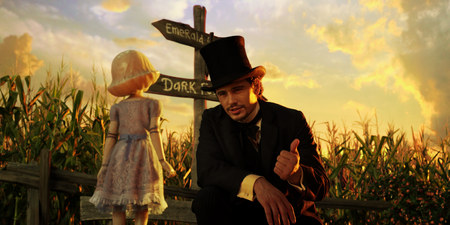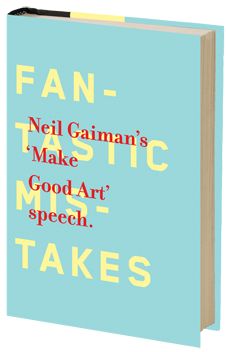 Stanley Kubrick’s 1980 horror film The Shining is many things: Creepy, deliberate, fiendishly jokey, way over-reliant on Jack Nicholson, and perhaps the last interesting film that Kubrick did. But to some people it was far more than that. The documentary Room 237 weaves footage from the film in with interviews from its many dedicated viewers who have analyzed every single frame…and found things there you wouldn’t believe.
Stanley Kubrick’s 1980 horror film The Shining is many things: Creepy, deliberate, fiendishly jokey, way over-reliant on Jack Nicholson, and perhaps the last interesting film that Kubrick did. But to some people it was far more than that. The documentary Room 237 weaves footage from the film in with interviews from its many dedicated viewers who have analyzed every single frame…and found things there you wouldn’t believe.
My full review is at Film Journal International; here’s part of it:
If it wasn’t The Shining, it would have been something else. That’s the first conclusion reached while watching Rodney Ascher’s all-enveloping head-first dive into the world of diligent obsessives who have parsed and filleted Stanley Kubrick’s horror film for deeper meaning. Many of them go so deep into each frame that it’s a wonder the many hypotheses hauled up in their nets, wriggling and wild-eyed, weren’t even further out on the fringe. “I admit,” one interviewee says in a rare sober moment, “that I am grasping at straws”…
Room 237 is playing now in limited release.
You can watch the trailer here:
























You must be logged in to post a comment.